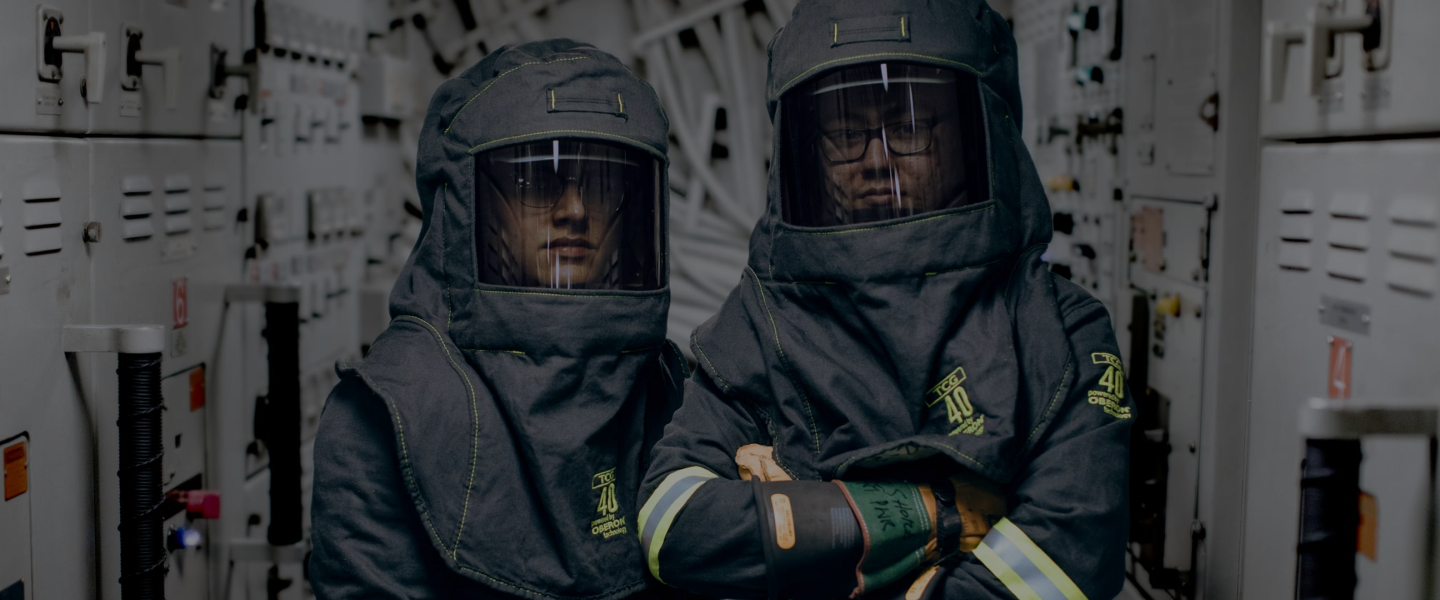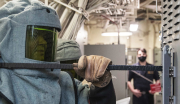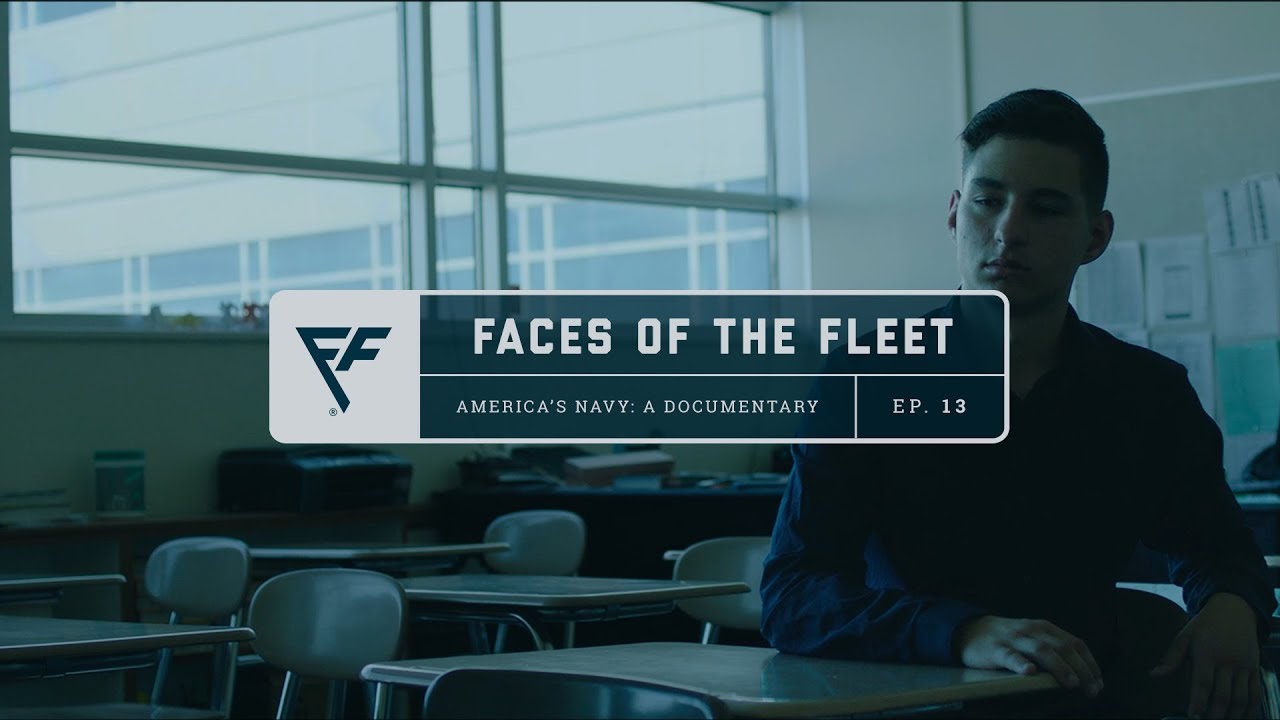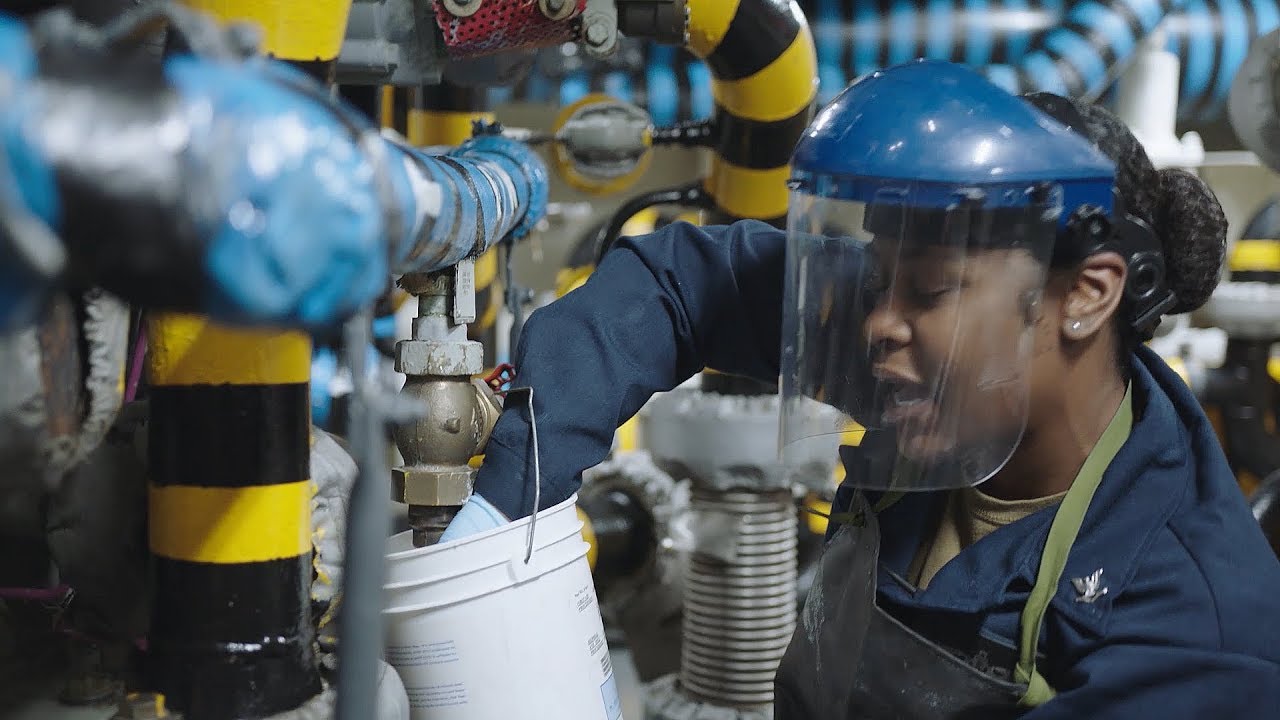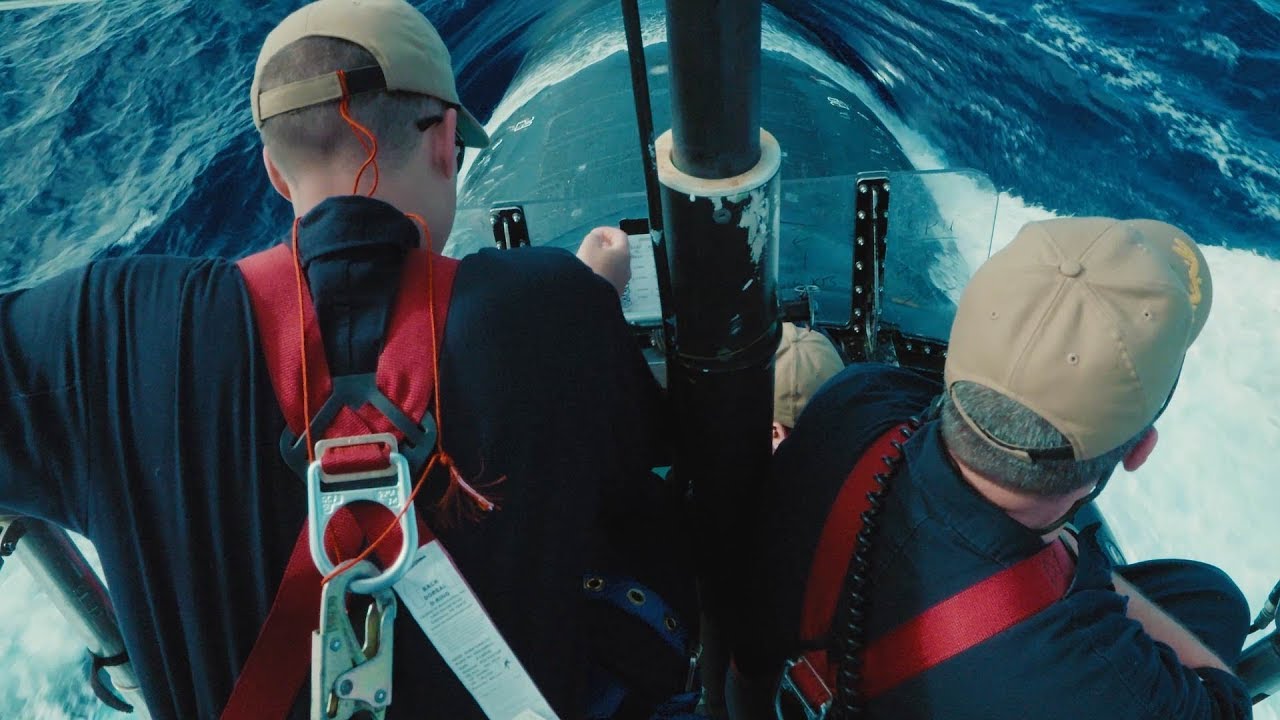Nuke Campaign - TRAINING
- Upon competition of initial Recruiting Training (known as Boot Camp), Enlisted Sailors pursuing a career in the Navy Nuclear Program report to “A” School in Charleston, SC, for six months. Here, they develop a good working knowledge of technical mathematics and specialized skills unique to their role.
- From there, Sailors move on to Naval Nuclear Power School (NNPS), also in Charleston, SC, where they learn theory and practical application of nuclear physics and reactor engineering. This six-month course provides a comprehensive understanding of a pressurized-water Naval nuclear power plant, including reactor core nuclear principles, heat transfer and fluid systems, plant chemistry and materials, mechanical and electrical systems, and radiological control.
- Following NNPS, Enlisted Navy Nukes begin prototype training in their rating specialty at one of two Nuclear Power Training Units (NPTUs) – located in Charleston, SC and Ballston Spa, NY. This six-month course teaches the fundamentals of a Naval nuclear power plant and the interrelationship of its mechanical, electrical, and reactor subsystems. Students develop oral communications skills, obtain an understanding of nuclear radiation, and gain knowledge of the safe operation of a complex Naval nuclear power plant.
- Sailors looking to pursue a career as an officer in the Naval Nuclear Propulsion program begin training upon graduation from college. For most Nuclear officer careers, the first step is Officer Development School for 5 weeks. Those looking to become a Surface Warfare Officer (Nuclear) attend Officer Candidate School for three months. Whether Sailors attend ODS or OCS, they’ll go to Newport, RI, and undergo a comprehensive and intense introduction to the responsibilities of being a Naval Officer.
- The next step in a Sailor’s Officer training is determined by their specific career. Depending on their job, Sailors may return to Charleston, SC to teach incoming Nukes, they may be assigned to a nuclear-powered aircraft carrier as a Division Officer, or they may be tasked with managing the technical aspects of the Naval Nuclear Propulsion program.
Nuke Campaign - ADVANCEMENT
In Nuclear Operations, promotion opportunities are regularly available but competitive and based on performance. Specialized training and work experience gained during service can lead to valuable credentialing and occupational opportunities in related fields in the civilian sector. Adding “Navy Nuke” to your resume will make you a top candidate for many future careers.
Nuke Campaign - PAY
Navy Nukes receive the same base pay as Sailors of the same rank. However, Enlisted Nukes have the highest signing bonus in the Navy and can make up to $150,000 from their enlistment bonus and incentives.
Nuke Campaign - NUPOC PROGRAM
The Naval Nuclear Propulsion Officer Candidate (NUPOC) Program is a collegiate program for students interested in engineering and a career as a Navy Officer. Those in the NUPOC program receive a full-time, paid officer’s salary while enrolled in a full-time college degree program, so they can focus on their education without worrying about financial obligations.
Think You’re Nuke Smart?
































































































































